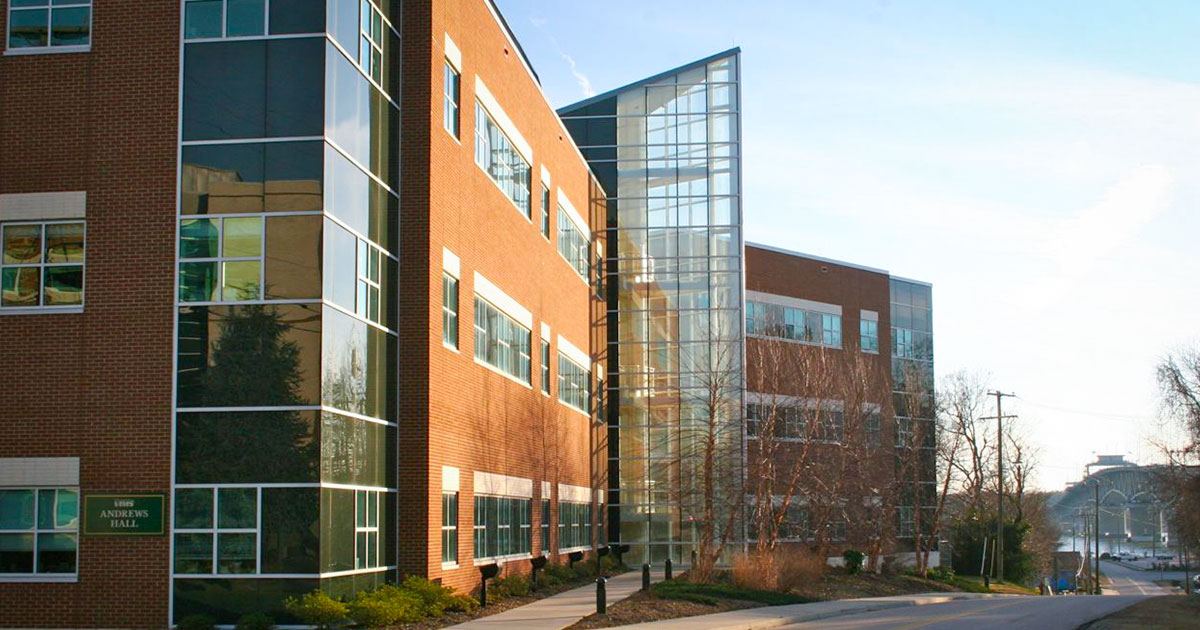Environmental Microbiology
 This program concentrates on indicator and pathogenic microorganisms in
waters used for recreation, aquaculture, and shellfish harvesting. One
focus of this program is understanding the ecology of autochthonous
bacteria and viruses in estuarine waters. There is also an emphasis on
developing rapid methods for detection of indicators/pathogens of fecal
contamination in shellfish and marine waters and methods that can be
used to identify sources of fecal contamination from watersheds. Another focus is understanding the biology and ecology of
microorganisms causing disease in animals such as mycobacteriosis in
striped bass attributed to new species of environmental mycobacteria
and the menhaden ulcerative-syndrome caused by the water mold Aphanomyces invadans.
This program concentrates on indicator and pathogenic microorganisms in
waters used for recreation, aquaculture, and shellfish harvesting. One
focus of this program is understanding the ecology of autochthonous
bacteria and viruses in estuarine waters. There is also an emphasis on
developing rapid methods for detection of indicators/pathogens of fecal
contamination in shellfish and marine waters and methods that can be
used to identify sources of fecal contamination from watersheds. Another focus is understanding the biology and ecology of
microorganisms causing disease in animals such as mycobacteriosis in
striped bass attributed to new species of environmental mycobacteria
and the menhaden ulcerative-syndrome caused by the water mold Aphanomyces invadans.
Research
Research efforts evaluate the validity and ecology of
microorganisms as indicators of sewage or fecal contamination and cultural,
immunological, and molecular methods for their detection and enumeration. Other
research interests include nitrification, microbial degradation of xenobiotic
compounds and petroleum hydrocarbons, processes within watersheds that affect
the microbial ecology of receiving waters, bacterial pathogens and disease
processes of shellfish and finfish, and the ecology of naturally occurring
viruses. Microbiological problems relevant to state and national interests and
of regulatory or resource management significance are commonly addressed.
Principal investigator: Dr. Howard Kator

